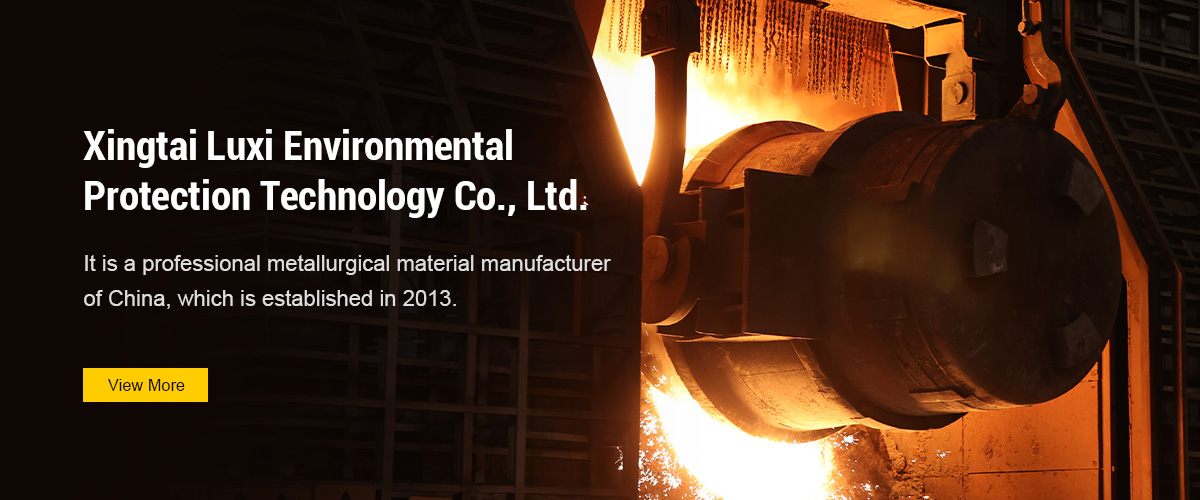Sep . 11, 2024 18:58 Back to list
High Quality Thermal Conductivity Insulation Materials | Premium Heat Insulation Solutions
High-Quality Thermal Conductivity Insulation Materials
In today's fast-paced world, where energy efficiency and sustainability are paramount, the importance of high-quality thermal conductivity insulation materials cannot be overstated. These materials play a crucial role in various applications, from residential buildings to industrial settings, ensuring optimal energy consumption and environmental comfort.
Thermal insulation materials are designed to reduce heat transfer between spaces, keeping interiors warm in the winter and cool in the summer. High-quality insulation materials boast low thermal conductivity, meaning they efficiently resist heat flow. This characteristic is essential for minimizing energy use, particularly in heating and cooling systems, thus leading to reduced energy bills and lower greenhouse gas emissions.
One of the leading types of thermal insulation is fiberglass, which is widely appreciated for its cost-effectiveness and efficiency. Fiberglass insulation consists of tiny glass fibers that trap air, dramatically reducing heat transfer. Its fire-resistant properties add to its appeal, making it a safe choice for both residential and commercial installations.
high quality thermal conductivity insulation materials

Another notable material is foam insulation, available in various forms such as spray foam, rigid foam boards, and foam-in-place systems. These products are renowned for their excellent thermal performance and versatility. Closed-cell spray foam, for instance, not only provides outstanding insulation but also acts as an air barrier and moisture barrier, thus preventing mold growth and promoting a healthier indoor environment.
For those seeking environmentally friendly options, cellulose insulation made from recycled paper offers an excellent alternative. Treated with fire retardants, cellulose has a high R-value, making it a potent insulator. The use of sustainable materials aligns with the growing demand for green building practices and energy-efficient solutions.
In addition to traditional materials, advanced technologies have emerged, such as aerogel. Known for its exceptional insulation properties, aerogel is a lightweight material that offers superior thermal resistance. While it may be more expensive, its effectiveness in reducing heat transfer makes it an appealing choice for specific applications, particularly where space is limited.
Overall, selecting high-quality thermal conductivity insulation materials is crucial for enhancing energy efficiency, comfort, and sustainability. As the building industry continues to evolve, the availability and development of innovative insulation solutions will play a significant role in shaping a more energy-conscious future. By investing in quality insulation, consumers contribute not only to their immediate comfort but also to the long-term well-being of the planet.
-
Fe-C Composite Pellets for BOF: Enhance Steelmaking Efficiency
NewsAug.07,2025
-
Eco-Friendly Granule Covering Agent | Dust & Caking Control
NewsAug.06,2025
-
Fe-C Composite Pellets for BOF: High-Efficiency & Cost-Saving
NewsAug.05,2025
-
Premium Tundish Covering Agents Exporters | High Purity
NewsAug.04,2025
-
Fe-C Composite Pellets for BOF | Efficient & Economical
NewsAug.03,2025
-
Top Tundish Covering Agent Exporters | Premium Quality Solutions
NewsAug.02,2025
